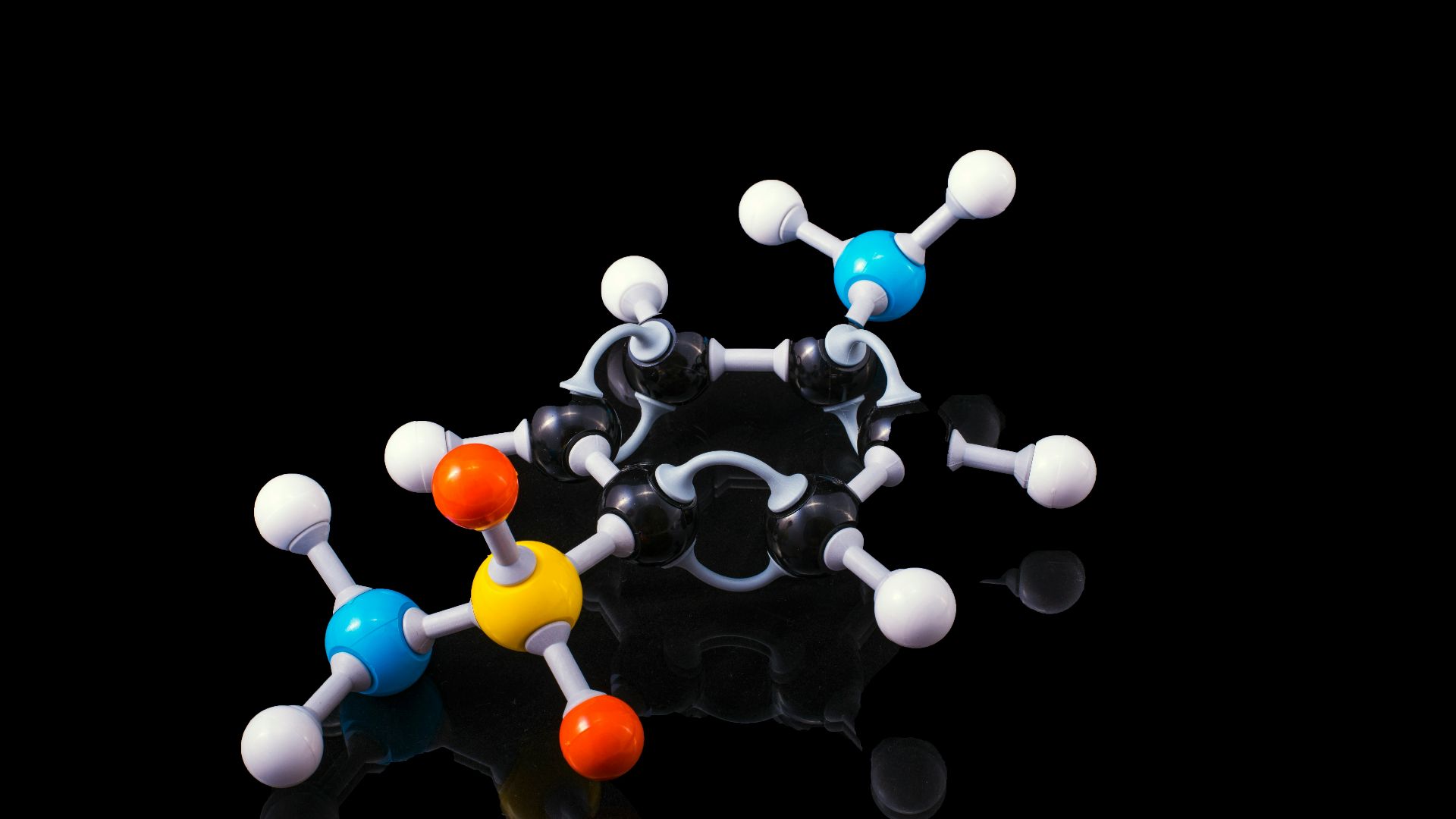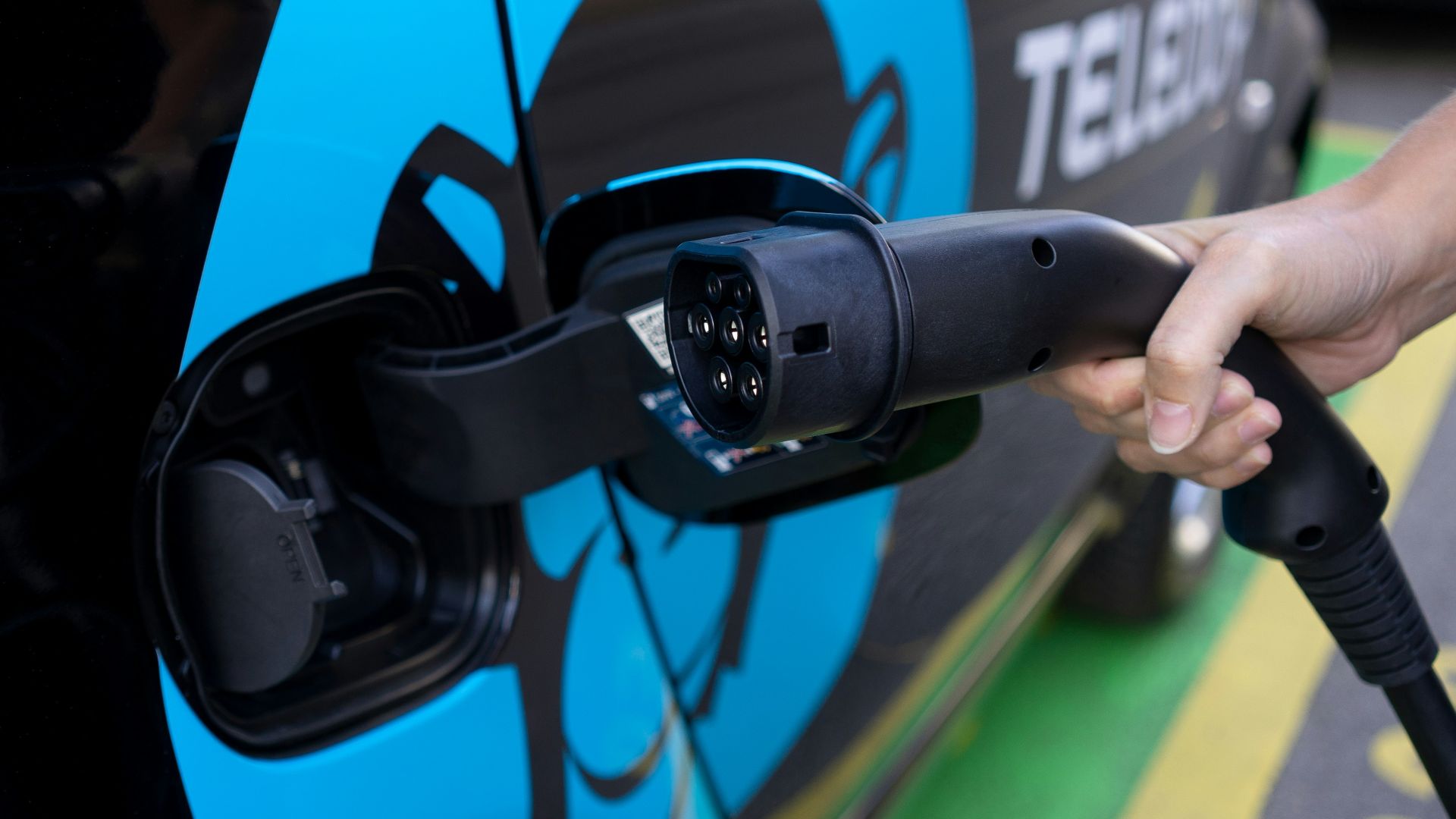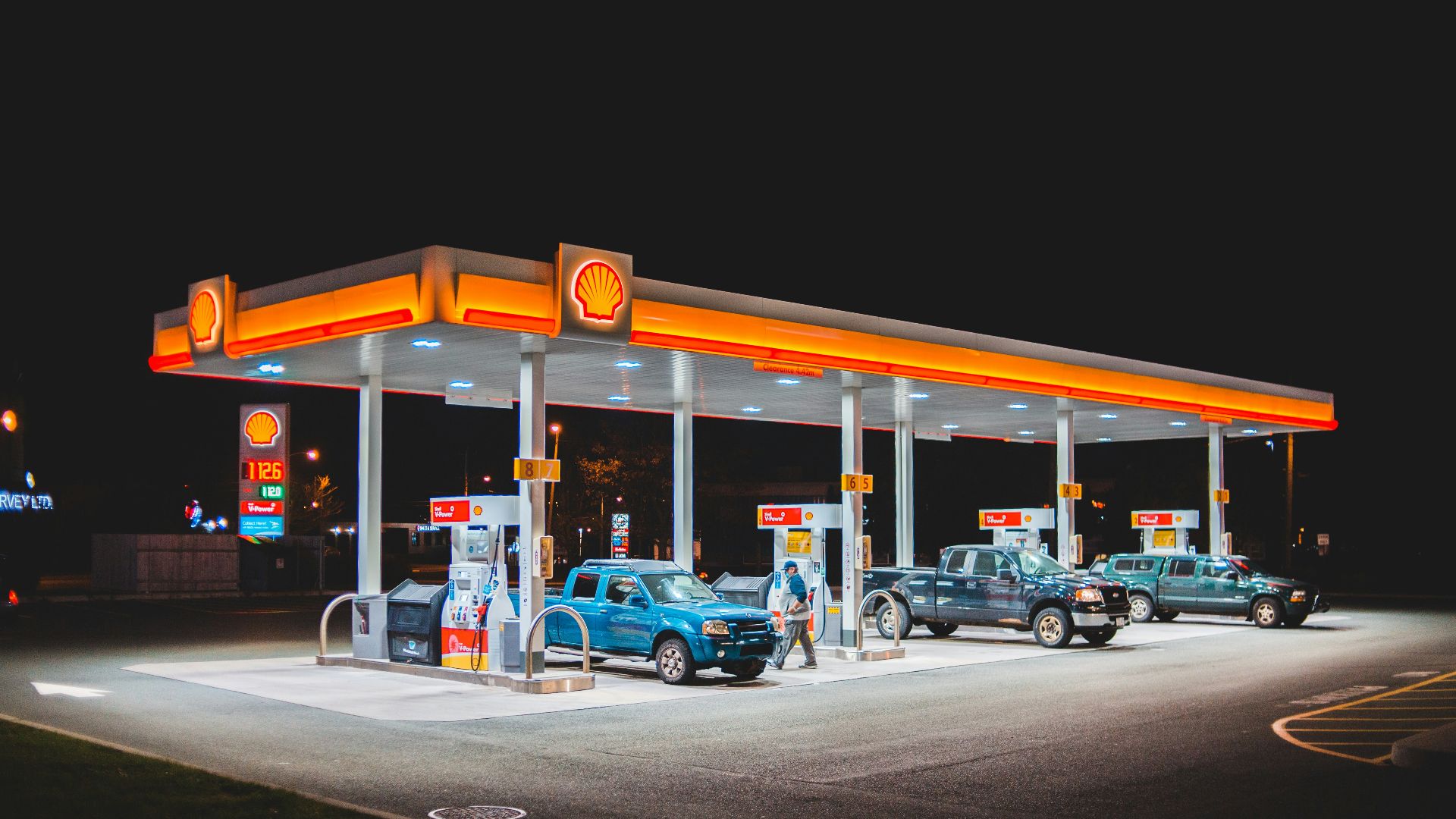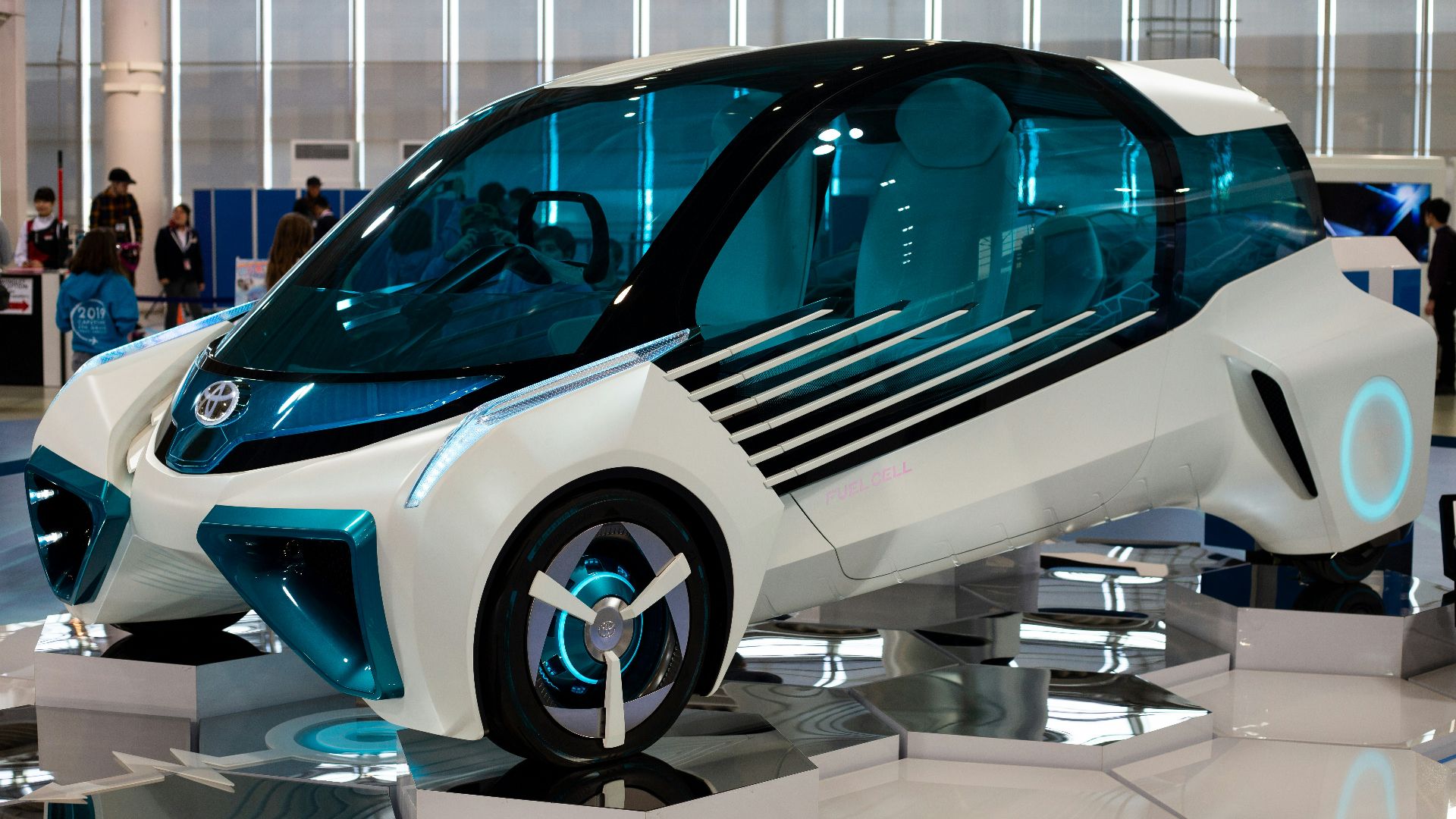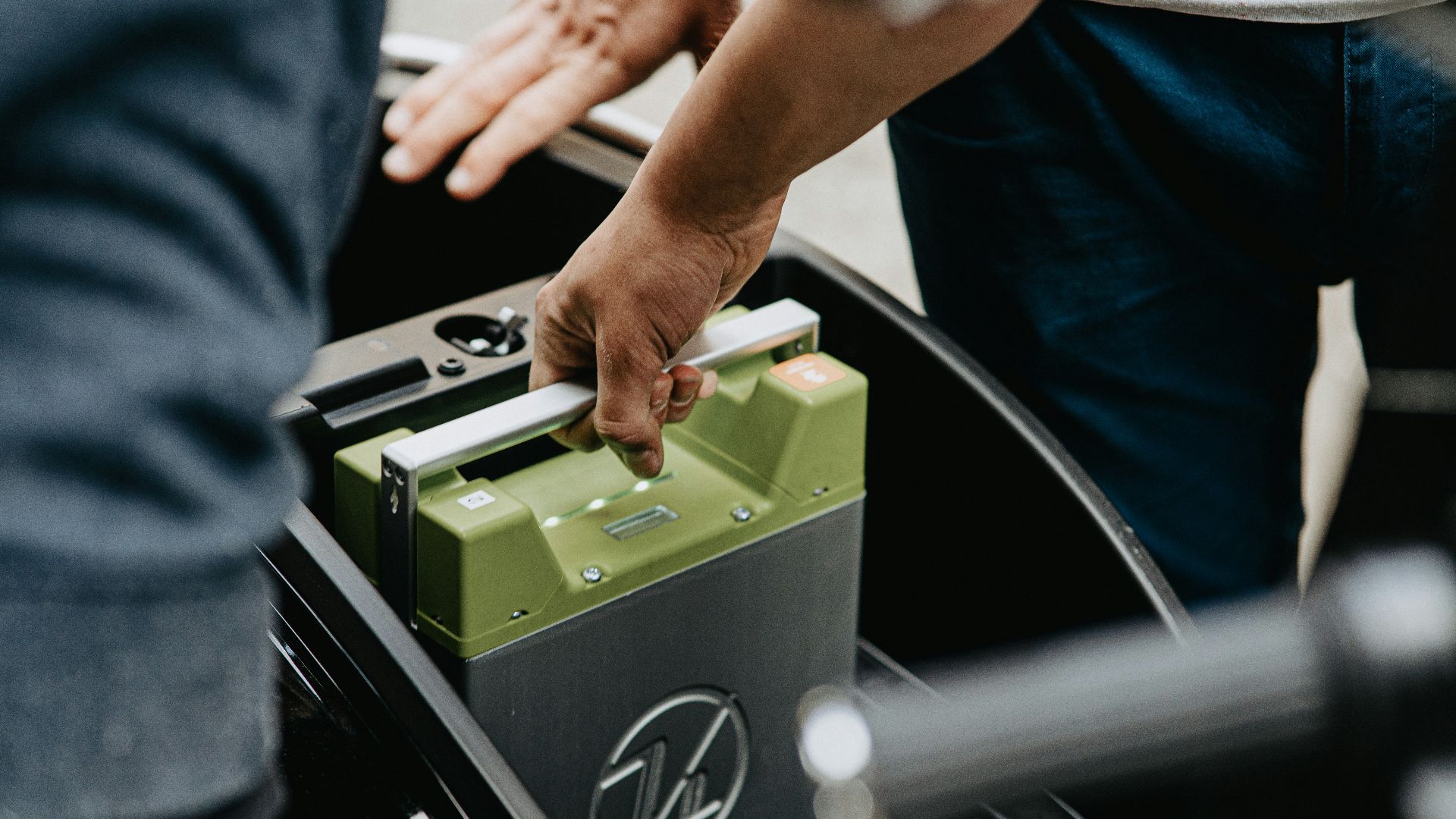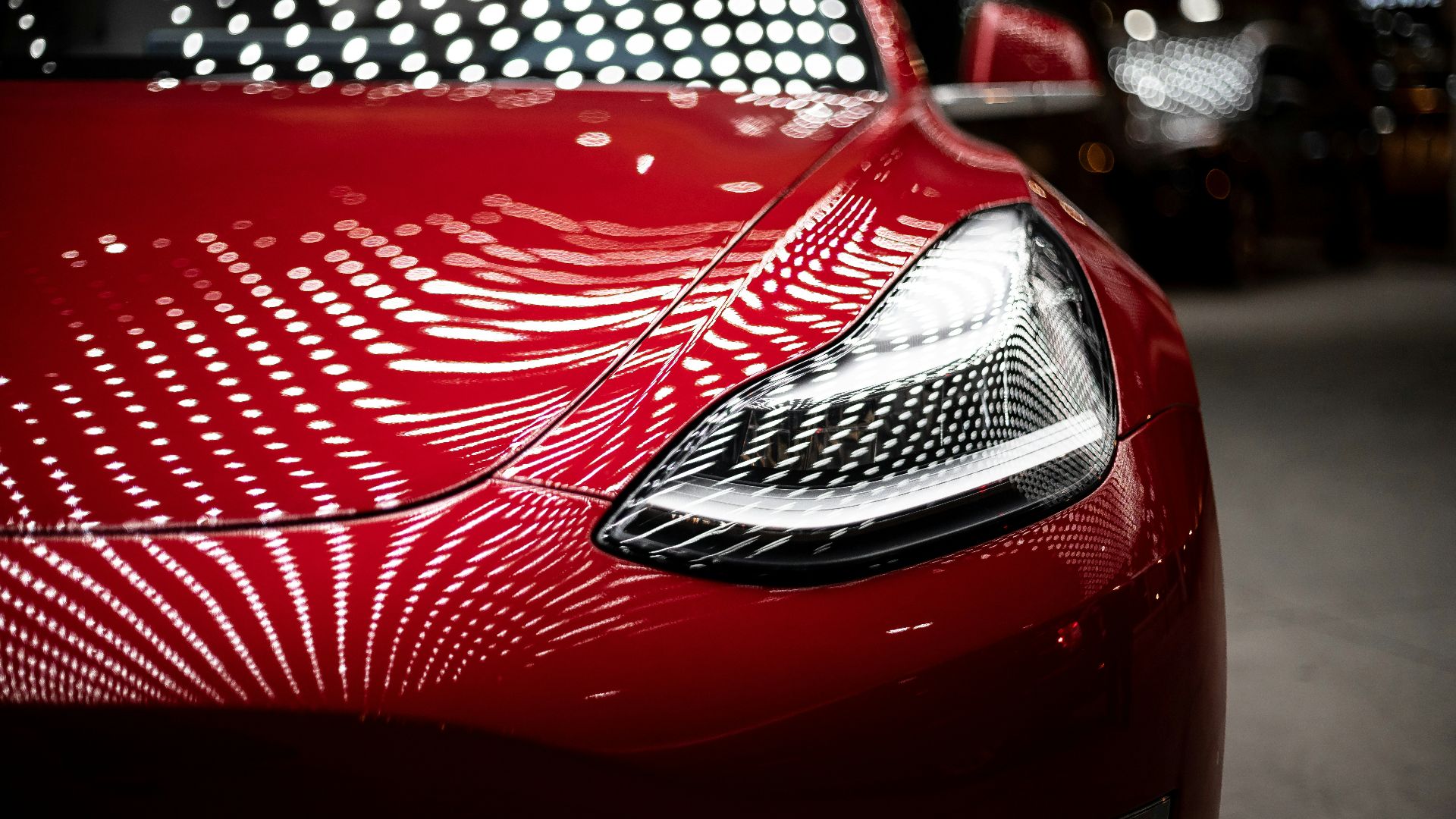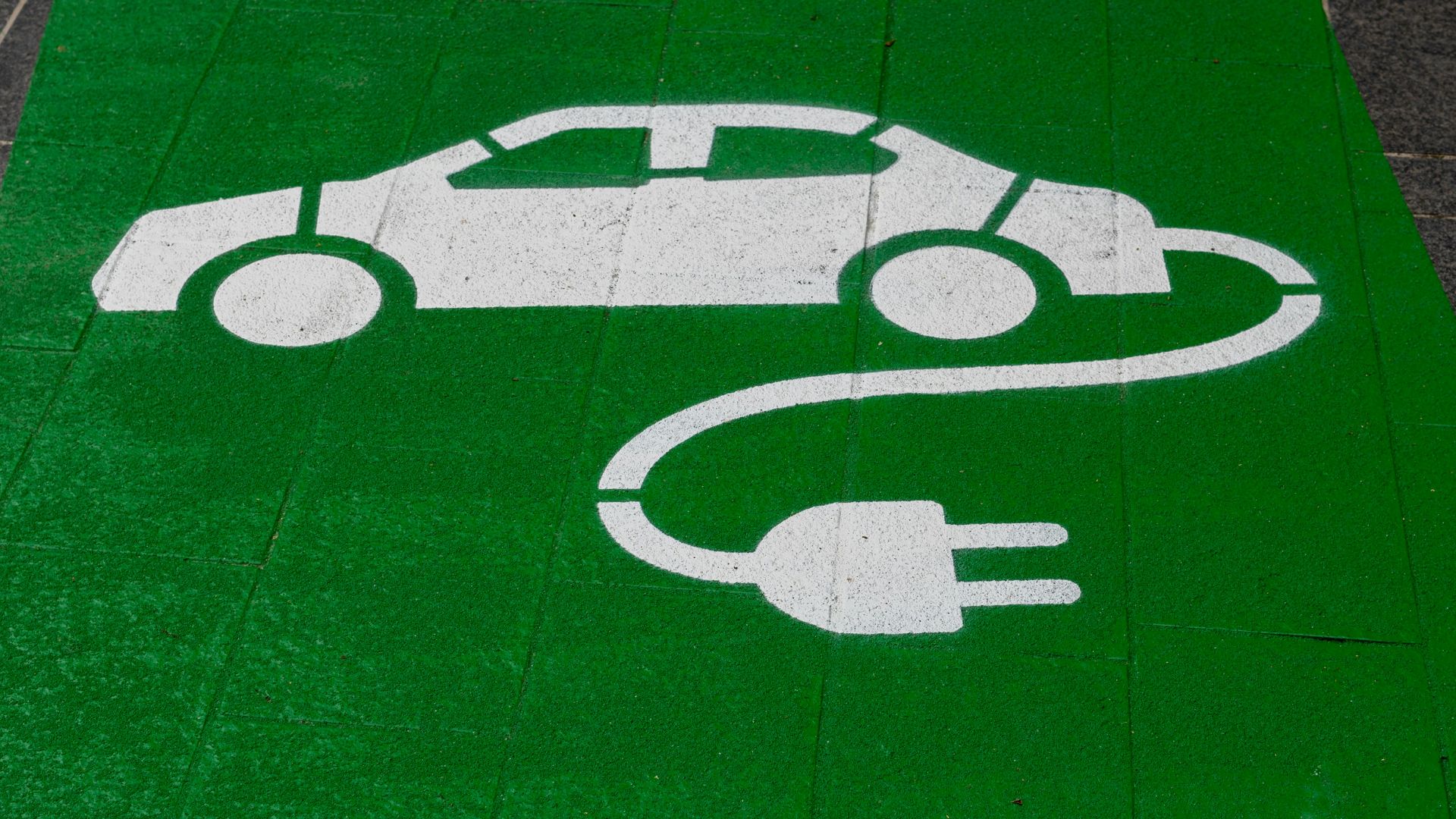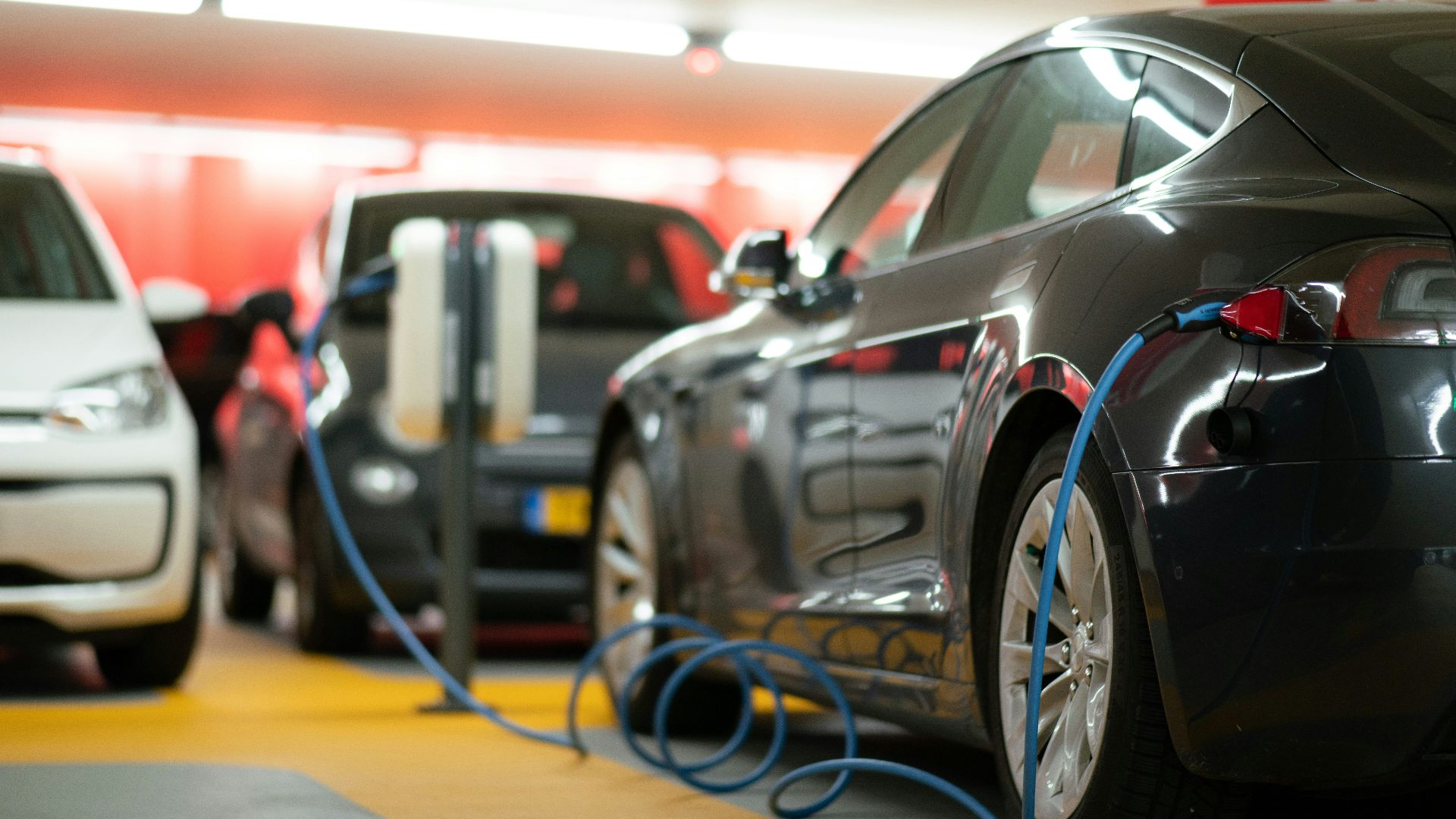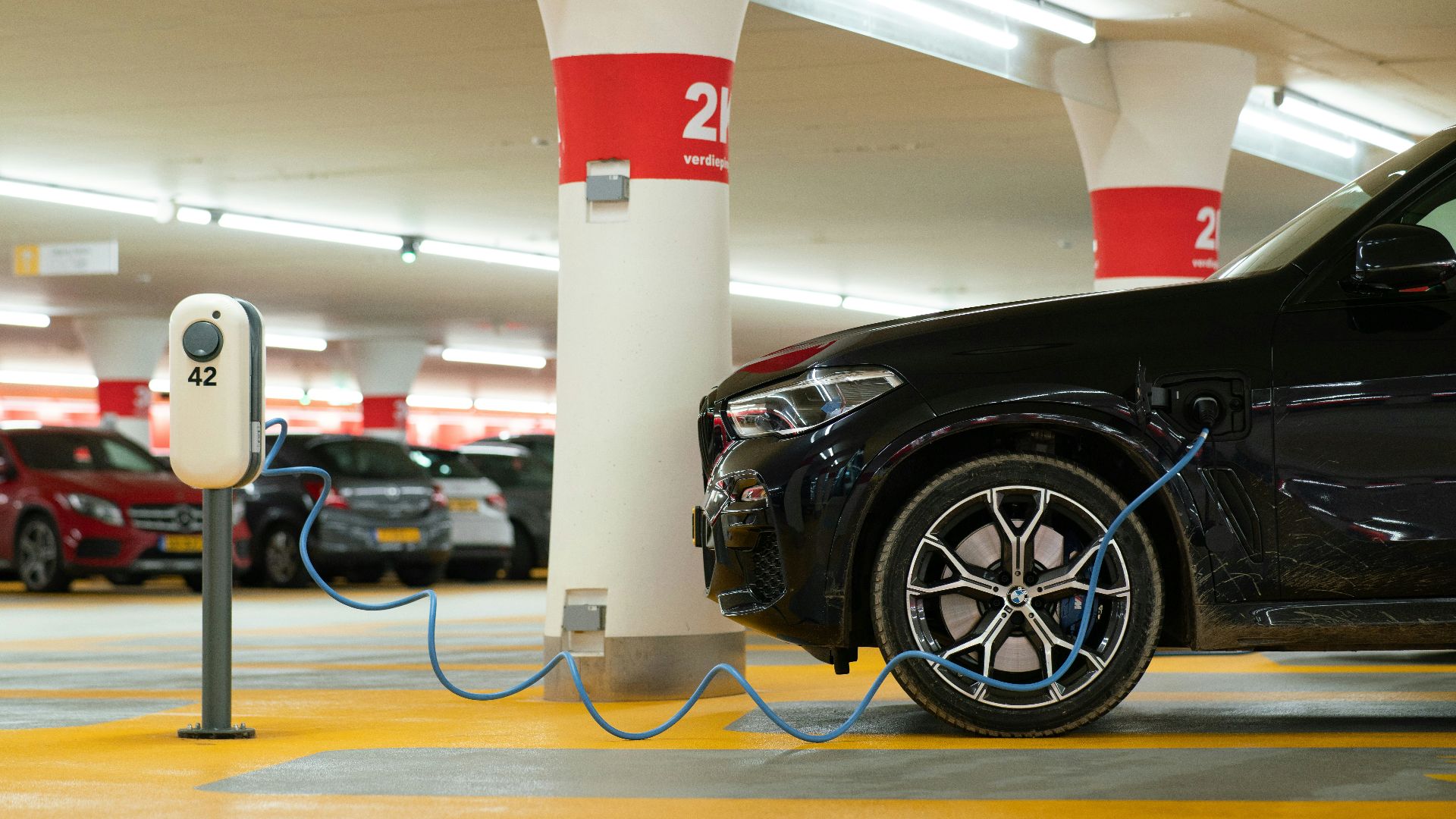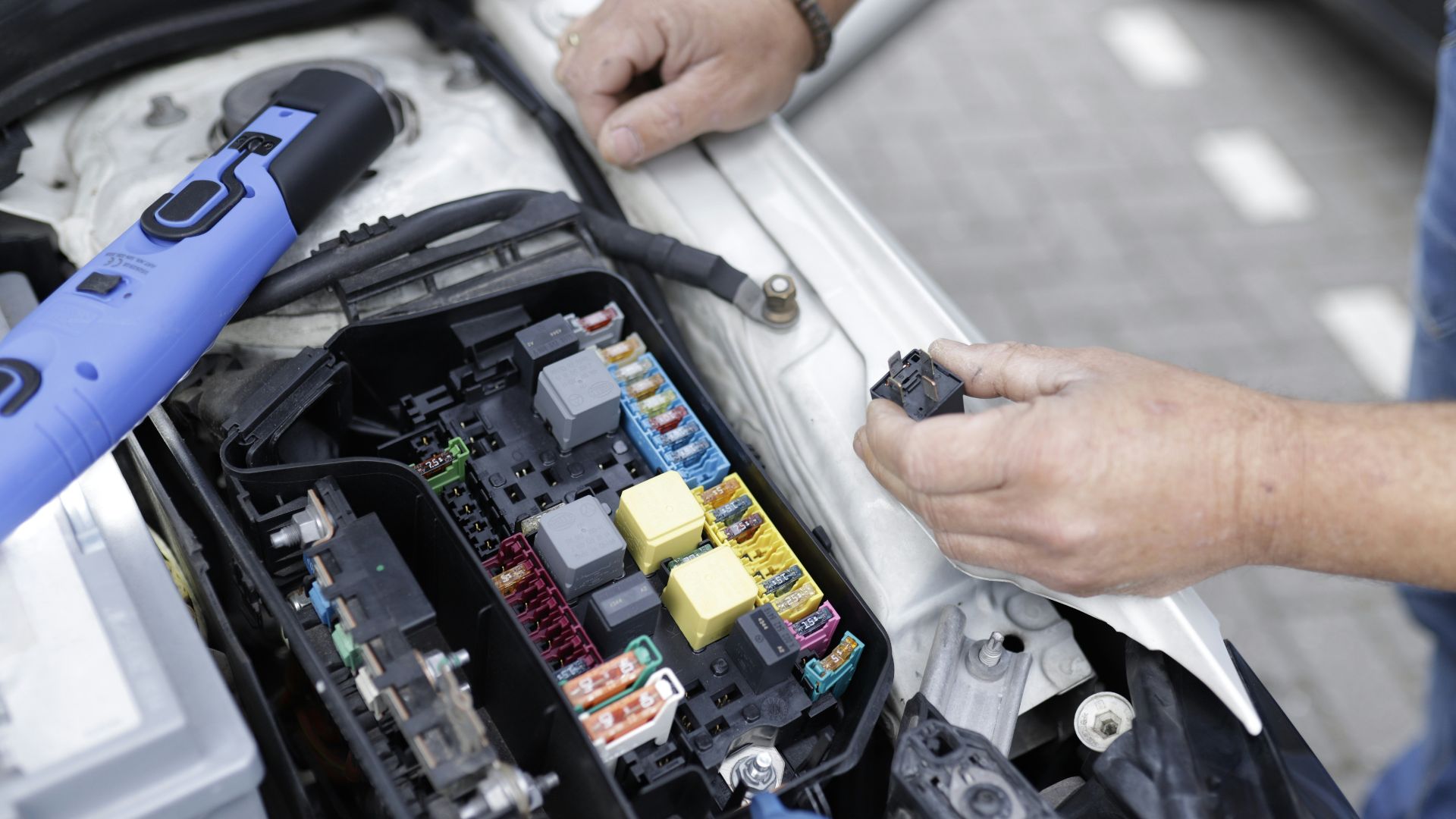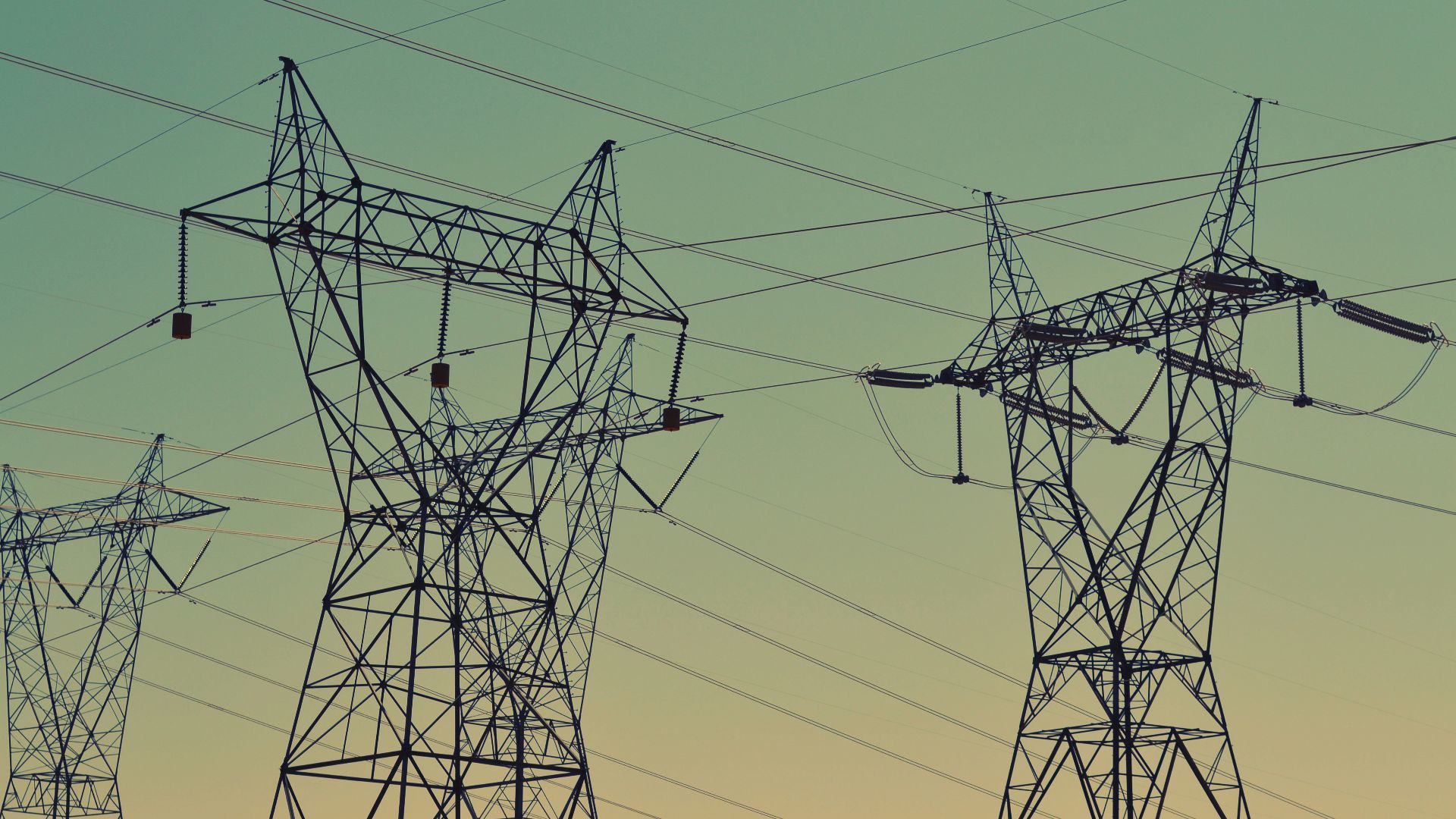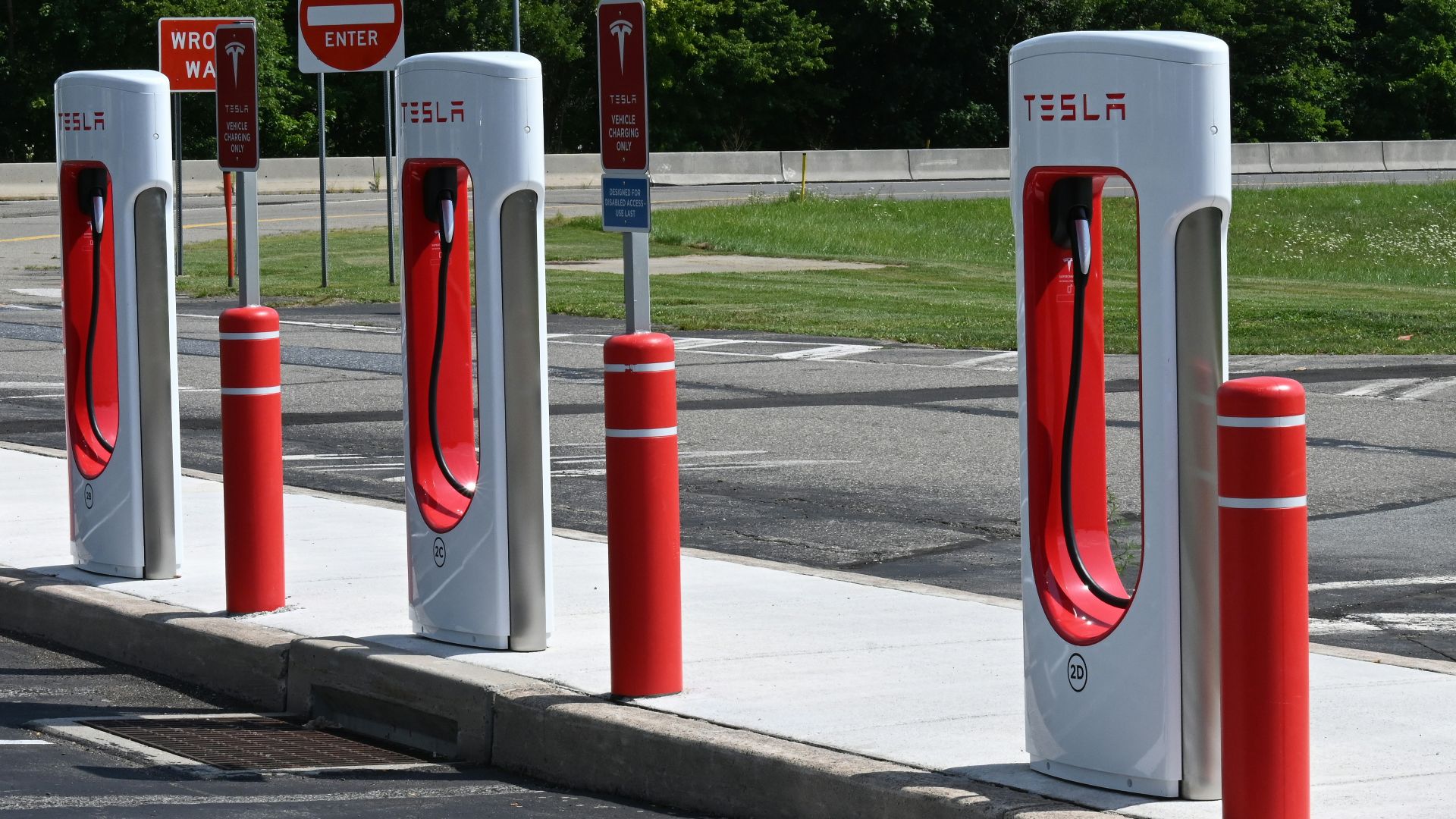10 Benefits To Hydrogen-Powered Cars & 10 Ways EVs Are Still Better
Thinking Of Moving Away From Gasoline For Your Next Car Purchase?
Being kind to the earth takes constant active choices. If you're in the market for a new car, don't go with gasoline. Scientists, car manufacturers, and governments have been working together to bring a plethora of sustainable vehicle options. We've all heard of EVs, but that's not the only green car technology out there. Hydrogen power is showing great promise as the fuel for the future as well. Here are 10 benefits of hydrogen-powered cars and 10 ways electric is still superior so you can make a more informed decision on your next car purchase.
 Hyundai Motor Group on Unsplash
Hyundai Motor Group on Unsplash
1. Hydrogen Is Abundant
Hydrogen is the most plentiful element in the universe and is easily renewable. Despite this, hydrogen is not as widely used as electricity, but it shows great promise as the clean energy source of the future.
2. They Completely Lack Harmful Emissions
Hydrogen-powered cars only emit water vapor which NASA has even been experimenting with capturing for drinking water. EV engines, on the other hand, are made from rare earth metals.
3. They Refuel Much Faster
The major downside of EVs is the time it takes to fuel them up. Hydrogen-powered cars don't have that same limitation. They refuel much like gasoline-powered cars which only take around three to five minutes to fill up.
4. They're More Reliable In Extreme Cold
You may have heard of EVs having issues like batteries quickly draining and taking longer to charge in cold environments.
Hydrogen-powered cars don't have that same flaw nor does hydrogen congeal or thicken like gas in extreme cold as the element's freezing point is -434 degrees Fahrenheit.
5. They're More Compatible With Existing Infrastructure
Although EV charging stations are becoming more and more prevalent, the demand will soon outweigh the supply and it's easy to envision a future where long lineups at the charging station are the norm. In this way, hydrogen fueling stations make more sense as they can be integrated into already-existing gas stations.
6. They Have A Better Driving Range
Even with all the huge strides made in EV technology, electric engines still only give you a range of less than 300 miles. Hydrogen cars, on the other hand, have a range of 400 miles on one tank of hydrogen which can be refueled in minutes anyway.
7. They're More Lightweight
Because of their massive batteries, EVs are extremely heavy cars, with an average weight of around 4,000 pounds. Without needing to compensate for a heavy battery, hydrogen cars have the advantage of being much lighter, more agile, and quicker than EVs.
8. They're More Durable
Without the necessity of a huge battery pack which can be damaged in any number of ways, hydrogen cars are more durable and longer-lasting. This is especially significant when taking into account the cost of replacing an EV battery (upwards of $20,000).
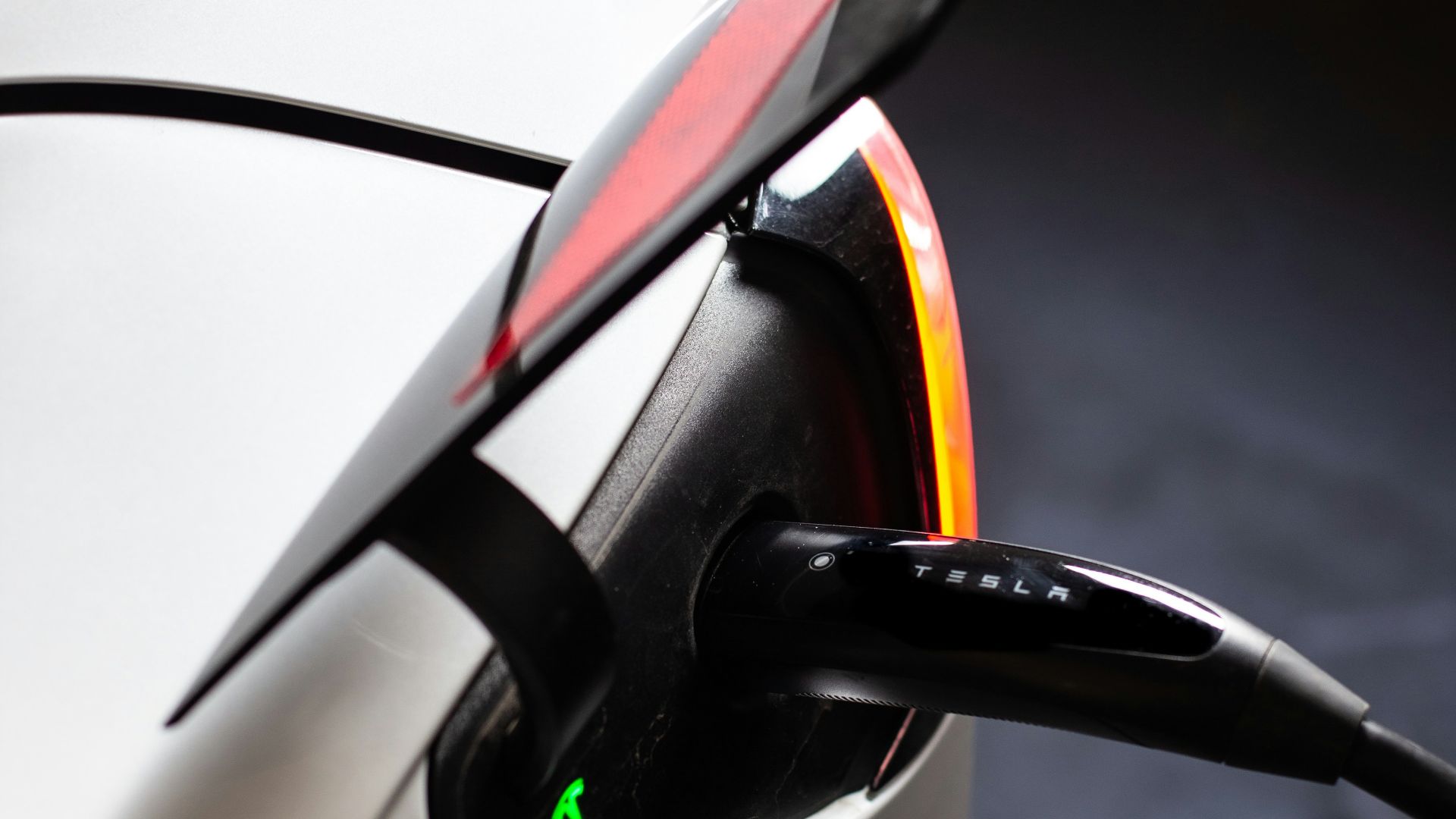 Priscilla Du Preez 🇨🇦 on Unsplash
Priscilla Du Preez 🇨🇦 on Unsplash
9. They Accelerate Faster
The world was stunned at the acceleration power of EVs, but amazingly, hydrogen performs even better. This is due to the lightweight advantage of hydrogen vehicles.
10. They Don't Use Lithium-Ion Batteries
The biggest problem with EVs we're currently facing is their use of lithium. The spike in demand for this element has prompted a lithium shortage. Hydrogen also offers a much higher energy storage density than lithium-ion batteries, making it more efficient for energy storage and usage.
Now that we've made our case for hydrogen cars, let's talk about the benefits of electric vehicles.
1. They're Less Expensive To Produce
Because they're in such high demand and there's so much fierce competition, EVs have become increasingly affordable. On the other hand, hydrogen technology is still in its infancy and only a handful of models are available, making hydrogen-powered vehicles and fuel cells very expensive.
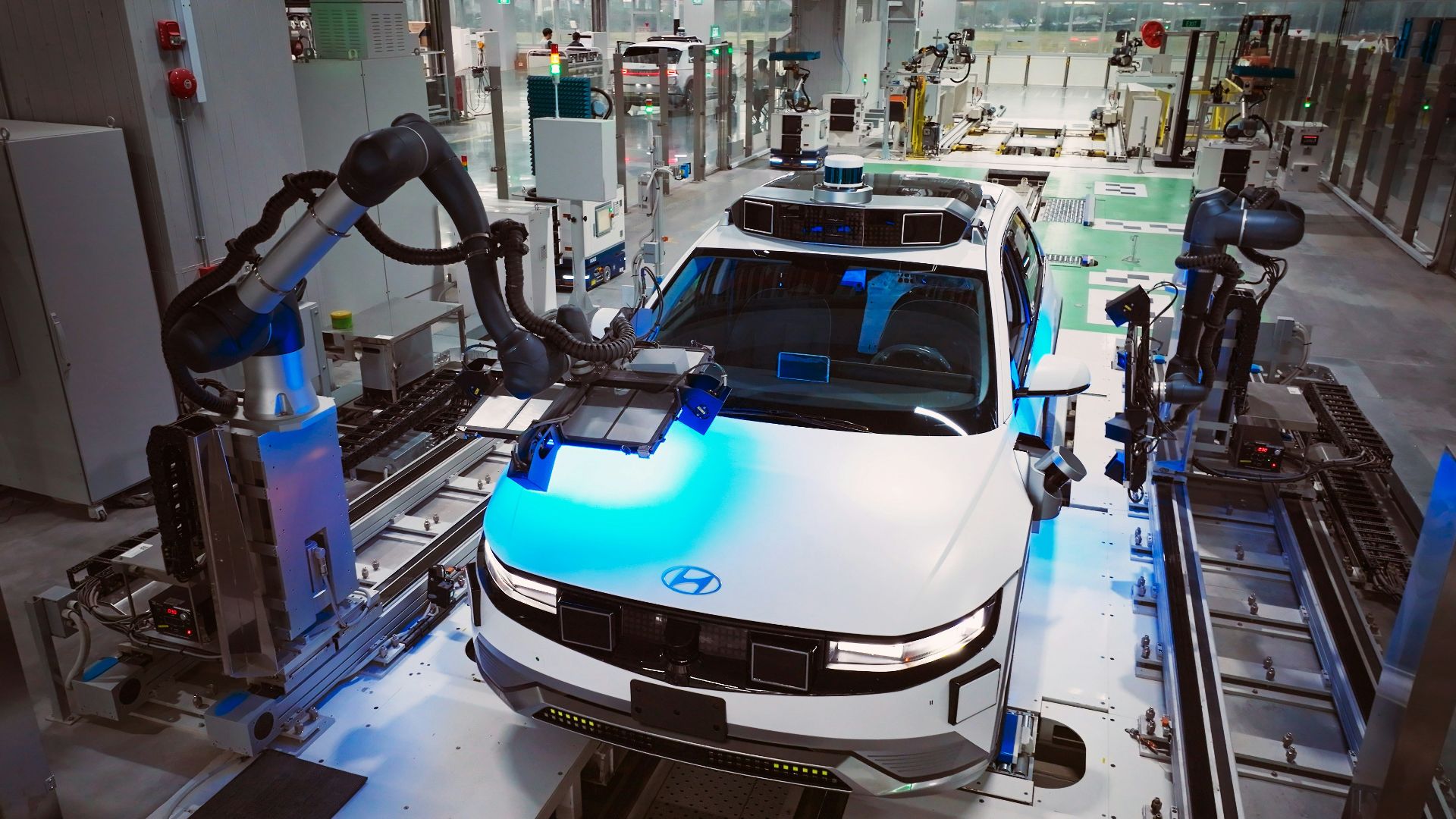 Hyundai Motor Group on Unsplash
Hyundai Motor Group on Unsplash
2. They're Safer
One of the biggest drawbacks of hydrogen power is that it's dangerous to produce and store due to its extreme flammability. Electric vehicles don't have that problem.
3. They're More Efficient
Hydrogen power works by splitting water into hydrogen and oxygen using electricity. This process wastes 30 to 40 percent of the original energy. EVs avoid that waste by converting electricity directly into energy.
4. Greater Availability
Having been on the market for over a decade, EVs are much more available than hydrogen cars, and with greater availability comes greater choice. Now, almost every different car manufacturer has at least one electric model on its roster.
5. Charging Stations Are Increasingly More Available
At first charging stations were scarce, making it inconvenient to own an EV. However, now, you can charge your car everywhere from your home to your workplace, grocery stores, and parking lots. On the other hand, hydrogen is hard to come by as there's a very limited number of hydrogen fuelling stations and there's no option to have one at your home.
6. They're Easier To Repair
Although many mechanics are still perplexed by EVs, there's now a good number who specialize in them. However, the scarcity and complexity of hydrogen cars make them difficult to repair and perform maintenance on.
7. Infrastructure Already Available
Because electricity wasn't a new technology like hydrogen is, much of the infrastructure was already in place, making it an obvious choice to switch to. Although adding hydrogen pumps to the already-standing gas stations is easy to conceptualize, the problem lies in the production and storage of hydrogen which can be dangerous and technically challenging.
8. Battery Technology Is Quickly Evolving
Although electric cars have their drawbacks, battery technology is improving at a much faster pace than hydrogen due to greater investment. Electric cars are becoming faster to charge, offer longer ranges, and lower costs.
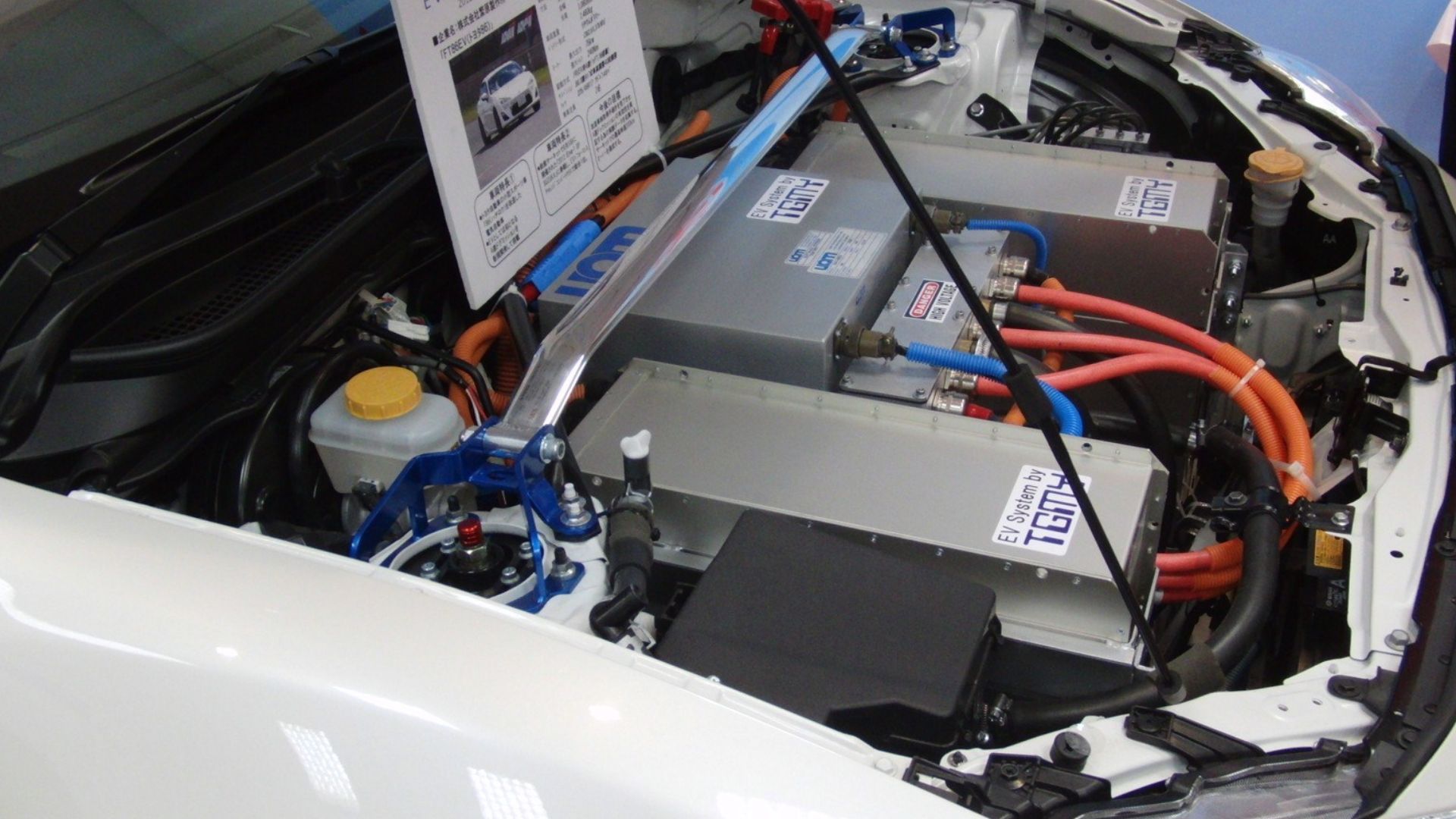 Tokumeigakarinoaoshima on Wikimedia
Tokumeigakarinoaoshima on Wikimedia
9. They Perform Better In Stop & Go Traffic
EVs offer regenerative braking which recaptures energy, making them perform better in stop-and-go traffic. Hydrogen cars don't have this capability yet.
 Iwona Castiello d'Antonio on Unsplash
Iwona Castiello d'Antonio on Unsplash
10. They Have More Government Support
Governments worldwide are incentivizing the growth of EVs, building infrastructure, and offering tax credits. Hydrogen, on the other hand, hasn't received the same encouragement, and the few companies that make them only get a small fraction of the investments EVs receive.


